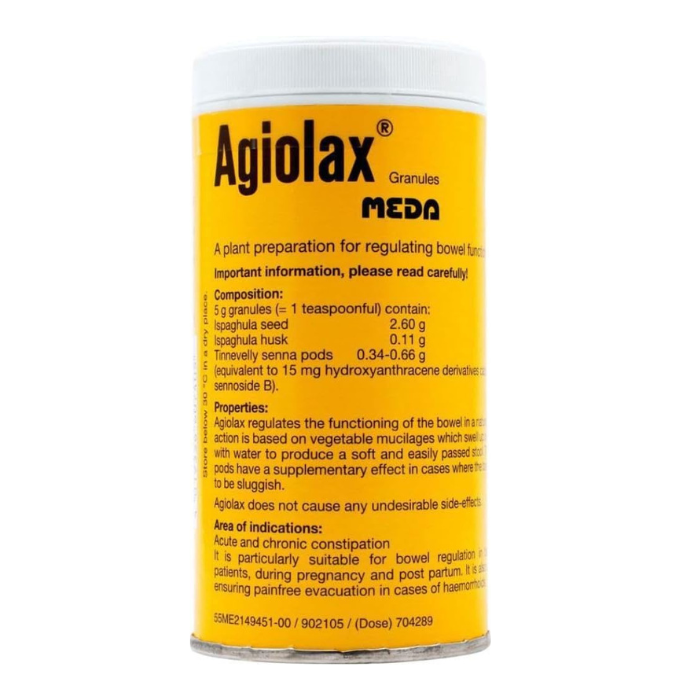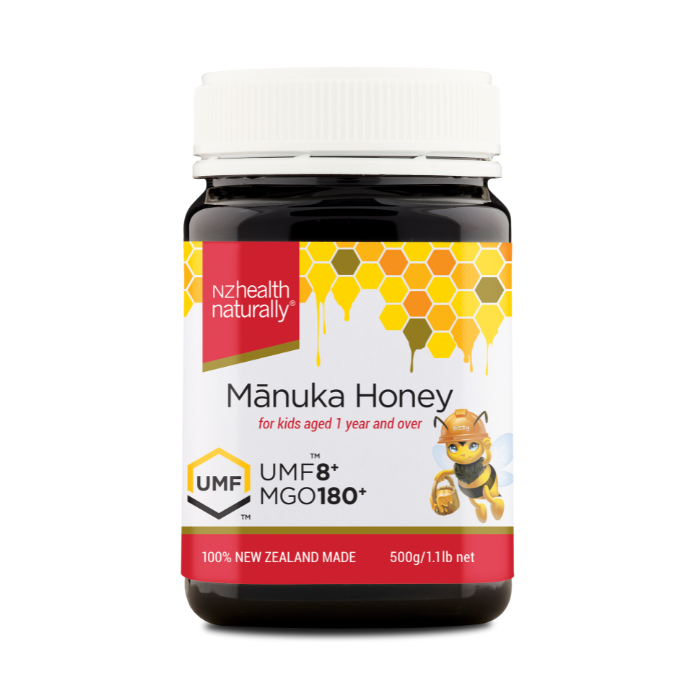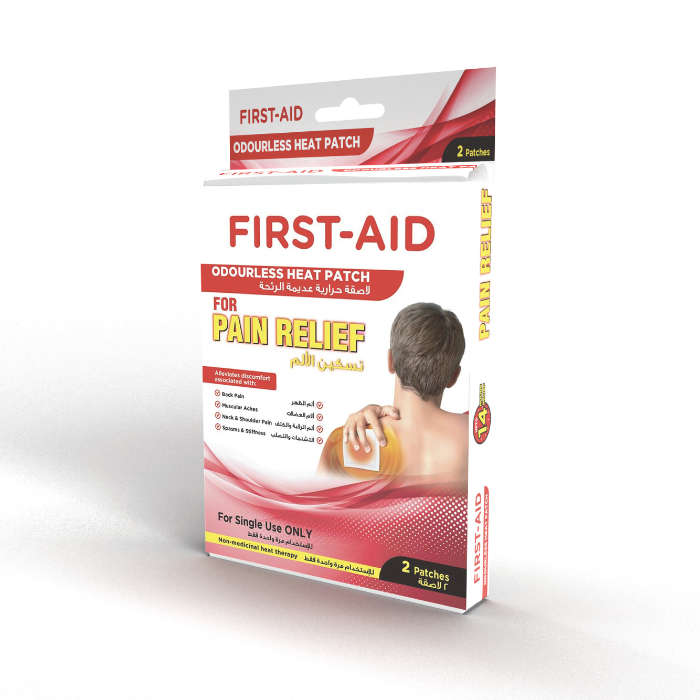
Medicines in UAE
(Showing 20 of 936)
NZ Health Manuka Honey for Kids - UMF 8+ & MGO 180+ Natural Sugar Alternative, No Additives or Colors - 500g
(2)
30 mins
AED 145.01
288.75
Code : Extra10 | Min. Order AED150
Otrivin 0.1% Adult Nasal Spray for fast effective Nasal Congestion Relief, 10ml
(679)
30 mins
AED 25.00
First Aid Odourless Heat Patch, Fast Pain Relief for Back, Neck, Shoulder, Cramps & Muscle Aches - 2 Patches
(10)
30 mins
AED 25.20
Code : Extra10 | Min. Order AED150
Medicine
While OTC medicine is a convenient solution for minor health concerns, it is important to remember that self-medication has its risks. Overuse or misuse of medication can lead to adverse effects, and it is always advisable to consult a doctor or pharmacist before taking any medication, especially for chronic or recurring conditions.
In the case of infants and young children, it is always advisable to consult a pediatrician for any health concerns. There are specific OTC medications available for babies and toddlers, such as fever reducers, teething gels, and gas relief drops. It is important to follow the dosage instructions carefully and seek medical advice if the symptoms persist or worsen.
Some of the most common health concerns that can be treated with OTC medication include headaches, fever, cough, cold, allergies, indigestion, and minor pain. For headaches, painkillers like acetaminophen, ibuprofen, or aspirin can provide relief. For fever, acetaminophen or ibuprofen can reduce the temperature and alleviate discomfort. Coughs and colds can be treated with cough syrups, decongestants, or antihistamines, depending on the symptoms. For allergies, antihistamines can provide relief from itching, sneezing, and runny nose. Indigestion can be treated with antacids, while minor pain can be relieved with painkillers or topical creams.
It is important to note that OTC medication should not be taken without proper diagnosis or medical advice. Some underlying conditions, such as high blood pressure, diabetes, or thyroid problems, may require specific medication or dosage adjustments. Pregnant or nursing women, and those with a history of allergies or drug interactions, should also consult their doctor or pharmacist before taking any medication.
Medicine Brands
Trusted brands like Panadol, Brufen, Clarinase, and Pfizer offer a wide range of OTC medications, ensuring quality and safety for consumers. From cough and cold remedies to allergy relief and pain management, these brands have been a go-to solution for minor health concerns for generations.
In conclusion, OTC medicine plays a crucial role in our lives by providing quick and convenient relief to common ailments. However, it's important to remember that not all health issues can be treated with OTC medications alone. Seeking the advice of a healthcare professional when necessary is vital in ensuring our overall health and well-being.
When it comes to self-medication, it's essential to be informed about the medication we take and its potential side effects. In addition, parents must exercise extra caution when giving medications to their babies and children, as their delicate bodies may react differently to certain drugs. Therefore, it's crucial to consult with a pediatrician or healthcare provider before administering any medication to babies or children.
By taking a responsible approach to OTC medicine, we can reap the benefits of easy access to healthcare solutions while minimizing the risks. It's important to always read labels, follow instructions, and be mindful of potential interactions with other medications. With these precautions in mind, we can confidently manage our health and well-being with the help of OTC medicine.




















